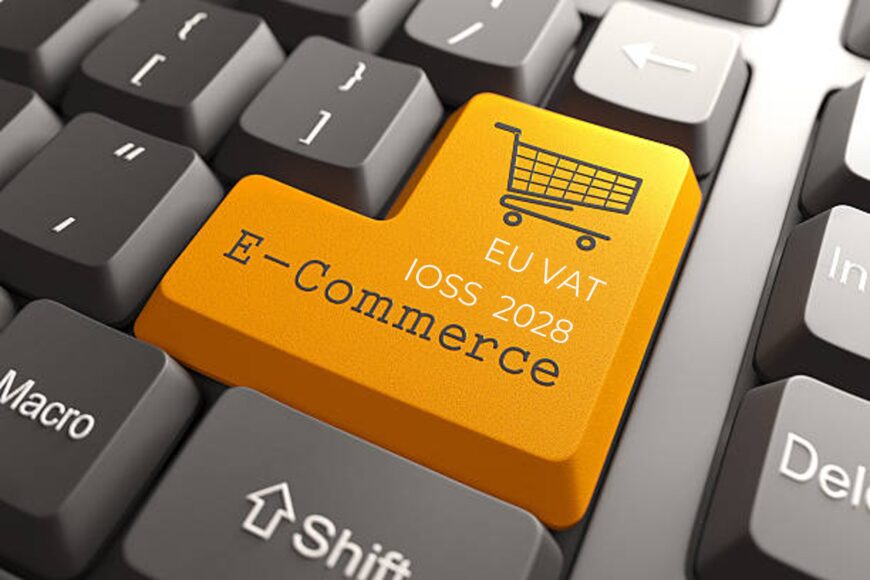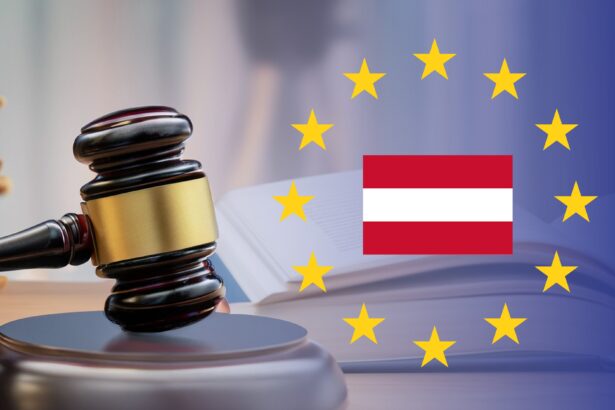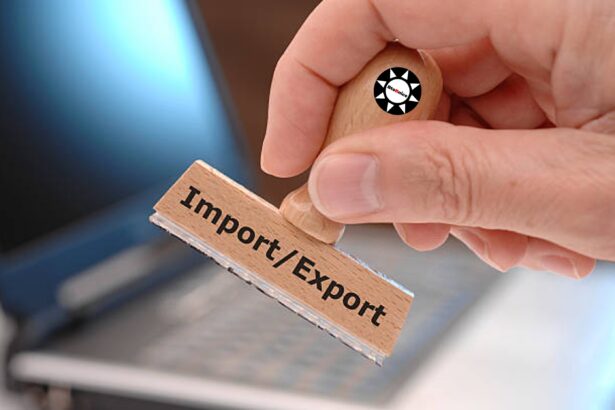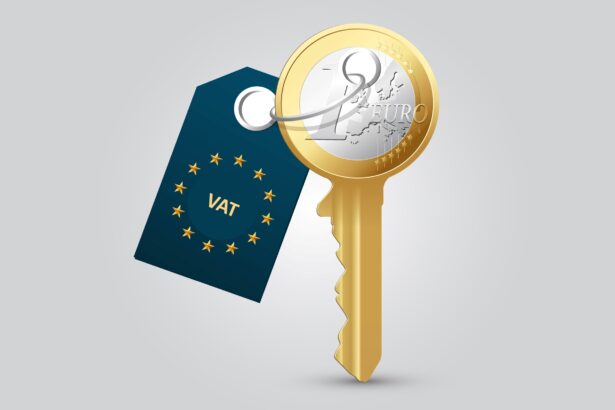E-commerce VAT : New Import Rules Within the EU

At the latest Economic and Financial Affairs Council (ECOFIN) meeting held on 13 May 2025, the Finance Ministers of the European Union reached an agreement to tighten the rules applicable to the import of low-value parcels sold remotely within the EU.
Since the implementation of the e-commerce VAT reform in July 2021, the optional Import One-Stop Shop (IOSS) scheme has allowed sellers to avoid VAT on imports with an intrinsic value below €150 and to declare the VAT due on subsequent intra-EU distance sales from their country of registration, without needing to register for VAT in each Member State of final destination.
This system has proven very effective in significantly reducing VAT fraud by securing its collection. However, the optional nature of the IOSS scheme does not ensure full tax compliance for all intra-EU flows of imported goods sold by traders who have not opted into the system. Large-scale fraud is suspected, particularly in connection with sales originating from third countries.
Several anti-fraud measures are currently under discussion, and the first one was officially adopted last Tuesday. It aims to encourage e-commerce sellers to adopt the IOSS, without making it mandatory at this stage.
Currently, distance sales of imported goods made outside the IOSS are only subject to import VAT (with no application of the €150 exemption threshold), which is often paid by the final consumer upon delivery. The seller is therefore exempt from any VAT reporting obligations within the EU.
When the seller uses the IOSS scheme, import VAT is waived and the VAT on the sale is declared via the seller’s country of identification, which then transfers the VAT to the respective Member States of consumption.
The new rules introduce several obligations for non-registered e-commerce sellers:
- Liability for import VAT in the country of importation;
- Liability for VAT due on the sale in the country of destination.
Sellers not registered under the IOSS will be required to register for VAT in each Member State where their customers are located.
The procedure becomes even stricter for sellers (actual or presumed) established in non-EU countries that do not have a mutual assistance agreement with the EU Member States:
- Obligation to appoint a tax representative in the country of the customer;
- Obligation to appoint a tax representative in the country of importation.
In the event of a seller’s default, Member States will be allowed to hold other parties jointly and severally liable for the payment of import VAT and/or VAT due on sales: this could include the tax representative (direct or indirect), another party responsible for import VAT, or even the final consumer, who would be legally entitled to claim the VAT back from the seller. Additional guarantees may be required from tax representatives.
The amended EU directive will follow a simplified adoption procedure. It will be submitted for consultation to the European Parliament before being formally adopted by the Council of the EU. The new text will enter into force 20 days after its publication in the EU Official Journal and must be transposed by Member States no later than 30 June 2028.
Other anti-fraud measures—such as the removal of the €150 exemption for customs duties and the mandatory use of the IOSS by marketplaces along with an extended presumption of liability as deemed sellers have been postponed. Some of these measures are expected to be included in the upcoming 2028 Customs Reform, which is currently under negotiation.
Our VAT experts are available for any further information or operational assistance: contact@btobnice.com





